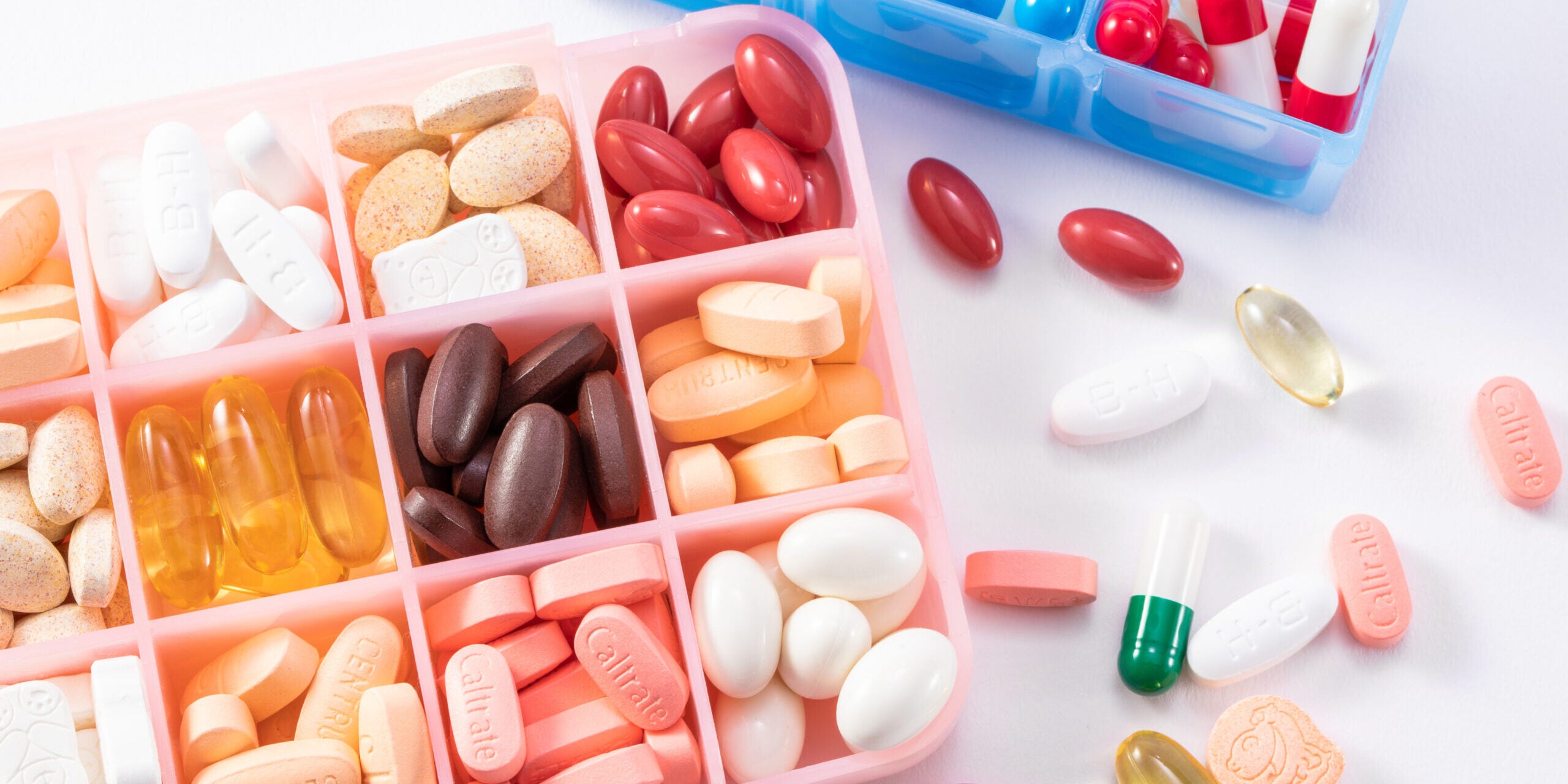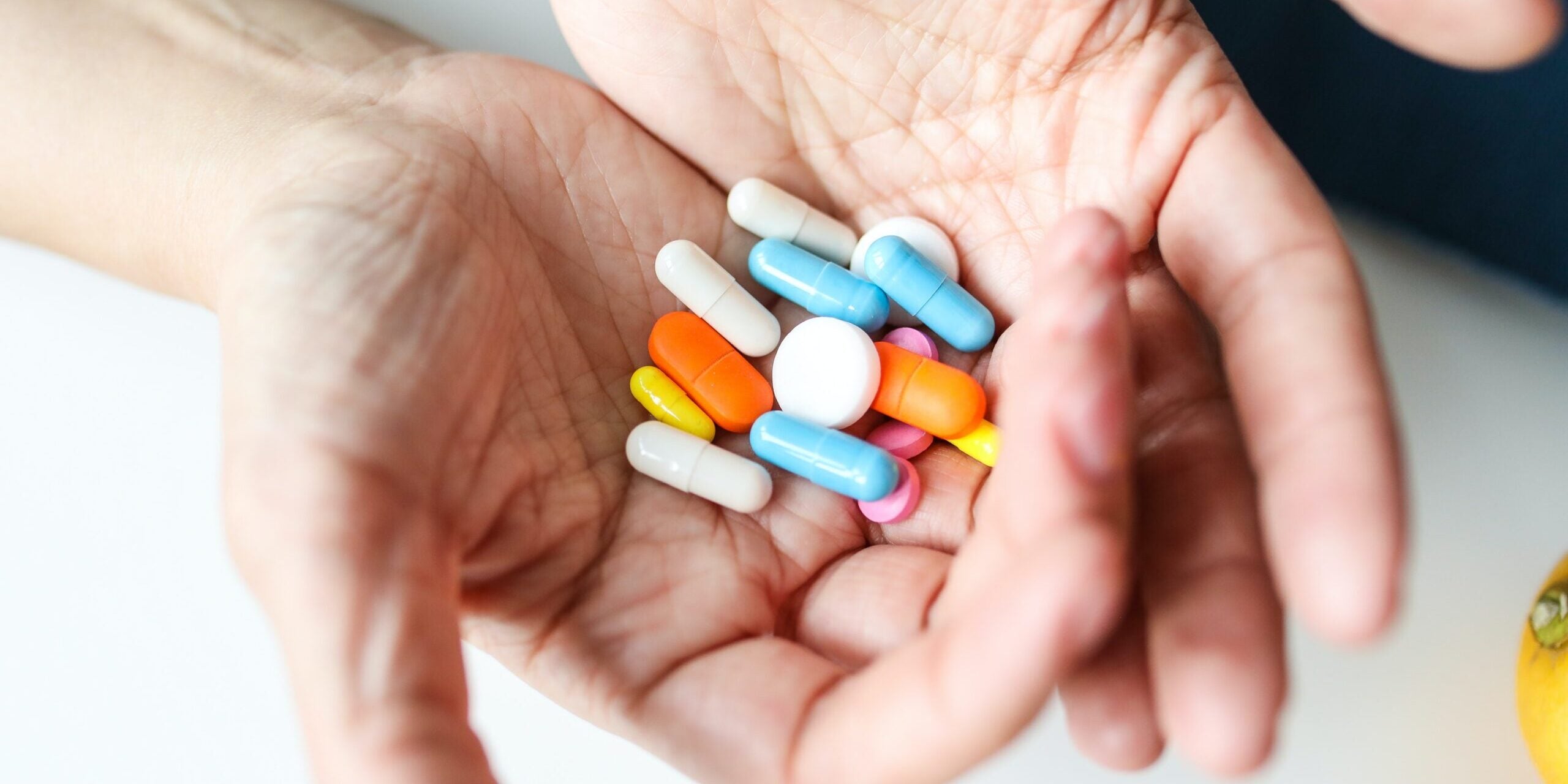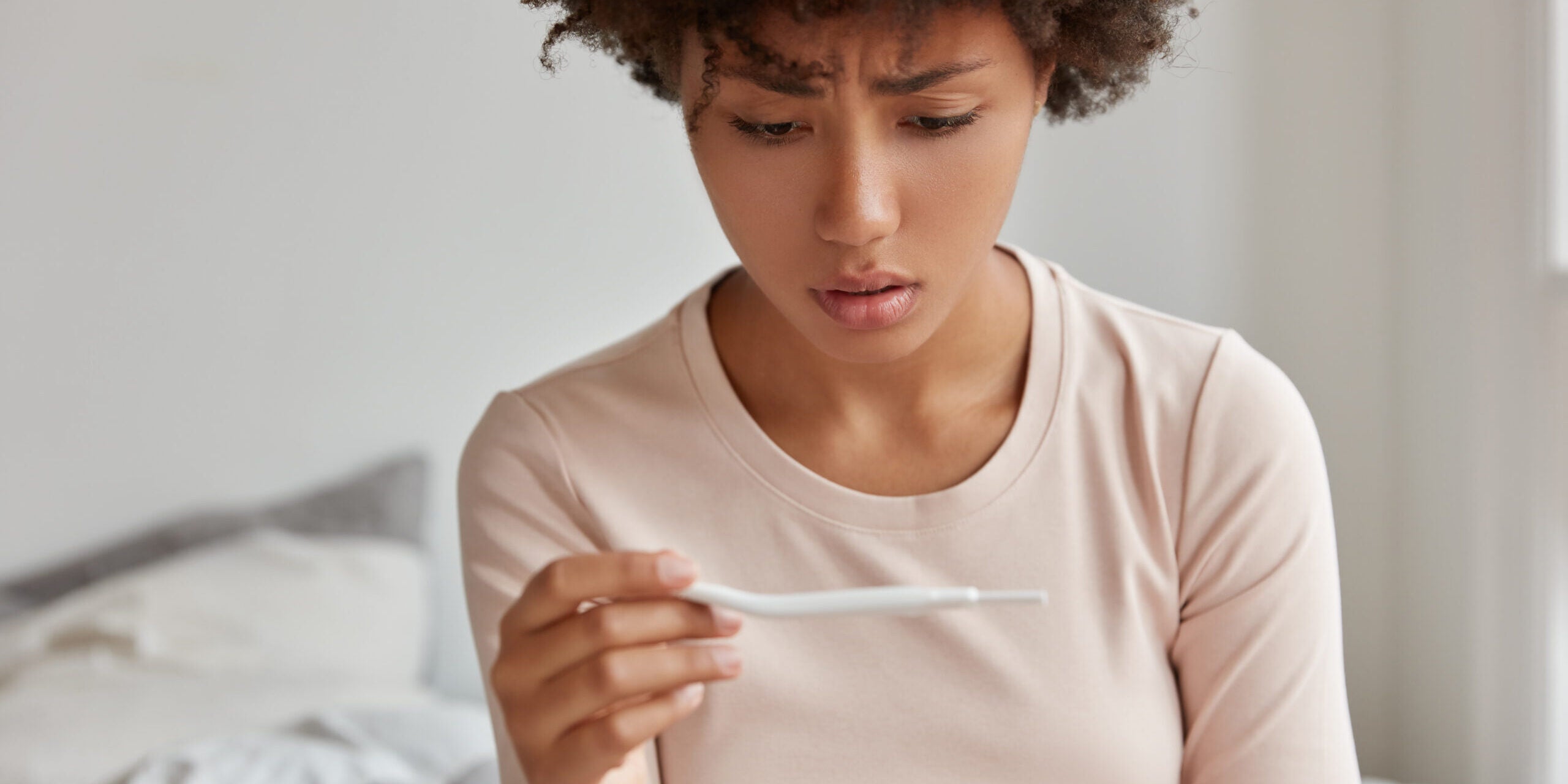Substances and Medications that Affect Fertility | Part II

Unfortunately, BPA is not the only example of a toxin that can affect fertility by acting as an endocrine disruptor. Another type of toxin that can also affect the quality of the eggs and fertility is the group of chemicals known as Phthalates or Phthalates in English.

Phthalates are used to soften plastics. For example, they are commonly used in nail polishes. (Picture of Freepik )
What are phthalates?
They are a family of chemical compounds, used primarily to soften plastics and are widely used in vinyl, nail polish, fragrances, and cleaning products. For decades, scientists have known that phthalates can alter the activity and levels of hormones in the body. Since 1999, there has been a ban in the European Union on the use of phthalates in toys and objects for children and babies. In the United States, since 2008, the CPSC Consumer Product Safety Commission announced a ban on the use of phthalates in children's toys and items. Also Canada and Australia have restricted its use for infants and children.
My question is, if we know that they are harmful to health, why aren't actions taken globally? And if it is recognized that it is so harmful to babies and children, why don't we also think about pregnant women or women planning to become pregnant?
It is worrying to think that various studies carried out in Europe, Asia and the United States, discover phthalates in blood samples in a large majority of the population, some cases in pregnant women and children. Not surprisingly, phthalates are used in many products, from fabric softeners to perfumes.

Phthalates can negatively compromise the development of healthy eggs, affecting our fertility. (Picture of Freepik )
How do phthalates affect our fertility?
Some of the early studies showed that phthalate exposure significantly affected sperm quality. It appears that these chemicals affect sperm in a number of ways, including altering hormone levels and causing oxidative stress. Yet another reason for couples trying to get pregnant to try to reduce their exposure.
Several studies, in animals and in humans, show that phthalates compromise the development of healthy eggs. This occurs, in part, because these chemicals decrease the production of estrogen, which is one of the precursors of oocyte development. It is also alarming that these substances could influence embryo survival and quality by causing oxidative stress.
Oxidative stress
Oxidative stress occurs when a cell produces more free radicals (oxidants) than it can control, in this way, the reactive molecules that usually maintain balance can no longer attack the cells themselves, affecting their functions. Oxidative stress causes the death of ovarian follicles. In addition, it has been linked to the decline in fertility that occurs with age, endometriosis, and unexplained infertility.
Harvard University confirmed in a study published in 2016 that phthalates negatively impacted the results of in vitro fertilization treatments: they found that women with high levels of DEHP (the most common compound in the phthalate class) obtained less eggs and were less likely to become pregnant.

Exposure to phthalates is associated with risks of endometriosis and miscarriage. (Picture of Freepik )
Phthalates and risk of endometriosis and miscarriages
Exposure to phthalates has also been associated with the risk of developing endometriosis , and although the causes of endometriosis are still unknown, researchers suspect that phthalate exposure may be one of many contributing factors to the disease. Although it cannot yet be assured that reducing exposure to these toxins can prevent or cure endometriosis , these investigations do suggest that by minimizing it, our fertility could be improved.
Also, it has been found that women with high levels of some phthalates have a higher risk of miscarriage and biochemical pregnancies.
Surely you are wondering: How can I reduce my exposure to these toxins?
Although phthalates are found in a wide variety of products, the most important thing is to stay away from those that have been proven to be harmful to fertility:
- DEHP: Found mostly in fast foods and highly processed foods. We can avoid exposure by preparing meals at home, trying to use glass containers, since by avoiding plastic we also considerably reduce our exposure
- Buy milk, oil and drinks in glass bottles or without plastic
- Avoid using hairspray, perfume, and nail polish. Yes, I know it sounds pretty drastic, but you can look for non-toxic product alternatives.
- Avoid household fragrances, laundry detergents, and perfumed cleaners if possible. The good news is that we find more and more products on the market without perfumes or toxins.

Drugs that can affect fertility
There are many drugs that can affect fertility, our recommendation: always ask a specialist before taking medication if you are trying to get pregnant or if you are already pregnant. Some of the drugs that are harmful or can affect fertility are:
- Cytostatic or antineoplastic: used in cancer and oncological treatments, they can cause severe complications such as malformations and spontaneous abortions.
- Corticosteroids: can interfere with ovulation and sperm production
- Antidepressants – can affect prolactin and impair fertility
- Antihypertensives: can affect ovulation and sperm quality
- Drugs to prevent seizures
These are just a few examples of drugs that could affect fertility, you also have to be careful with beta-blockers and those that contain hormones such as testosterone or estrogen.
0 comments



